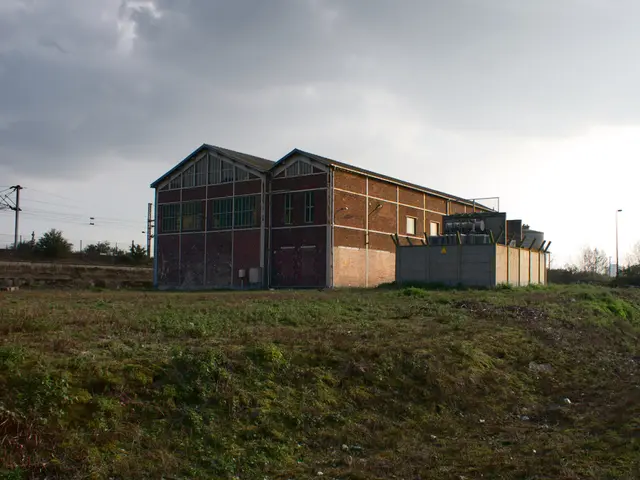Should you reconsider your savings strategies amid decreasing interest rates?
Lower Interest Rates: A Challenge for Savers
The Bank of England (BoE) is expected to continue cutting interest rates gradually, potentially lowering the base rate from the current 4% down to about 3% by early 2026 [1][4][5]. This move comes as inflation, which came in lower than expected in September, slowing to 1.7%, continues to be above the target at around 3.6-4% [6].
This downward trend in interest rates means that returns on savings accounts are likely to decline further. With inflation forecast to peak near 4%, many savers may see the real value of their money eroded because savings rates might not keep up with inflation [2][4].
Seizing the Opportunity
For those looking to take advantage of the current best savings rates, it is advisable to act promptly. With rates on a downward trajectory, savers should lock in any fixed or higher-rate savings deals before further cuts occur [2][4].
Considering fixed-term or notice accounts that might offer higher rates than variable easy-access accounts, although with less flexibility, could be a good option [2]. Shopping around for competitive rates from different providers, including smaller banks or building societies that may offer better deals than large banks, is also recommended [2].
Balancing Flexibility and Returns
When choosing a savings account, it's essential to weigh up whether you actually need your savings close at hand before choosing a fixed-rate account [7]. Opting for a fixed-rate account allows you to lock in a guaranteed level of income for an agreed period of time [8]. However, it's important to remember that with real interest rates potentially negative, preserving capital rather than seeking substantial growth may be more realistic in the short term [2].
Preparing for the Future
As the BoE continues to cut interest rates, the level of income you can earn on cash savings is expected to continue falling. Rachel Springall, finance expert at Moneyfacts, expects more drops in fixed bond rates due to expectations that the Bank of England will cut the base rate before the year ends [3].
Experts at ING predict that the base rate could drop to 3.25% by next summer [9]. The MPC's final meeting of the year on 19 December is expected to result in another interest rate cut [10]. Savers will need to act quickly if they want to get ahead of the next Bank of England meeting on 7 November [11].
It's crucial to always check that a savings account is covered by the Financial Services Compensation Scheme before opening it. The challenger banks covered under this scheme enjoy the same £85,000 protection as high street names [12].
In summary, the BoE's decision to lower interest rates will likely suppress savings returns. Savers should explore locking in the best current rates or seek alternative savings products to mitigate the erosion of value by inflation [1][2][4][5]. The window of opportunity to lock in higher savings rates is rapidly closing, so it's essential to act promptly.
- For those keen on investing, lower interest rates might present an opportunity to explore bond markets, as bond yields typically move in the opposite direction of interest rates [3].
- In the realm of personal-finance, it's important for investors to diversify their portfolios, considering both short-term savings accounts and long-term investment options like stocks and bonds [2].
- Instead of solely relying on savings, individuals may want to consider investing in mutual funds or Exchange-Traded Funds (ETFs) to potentially achieve better returns over the long term [2].




